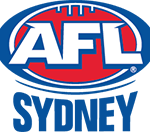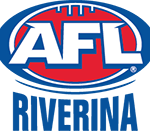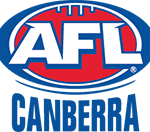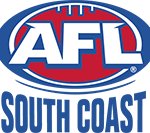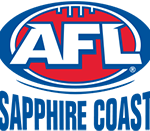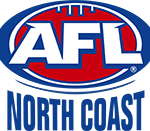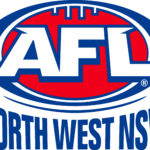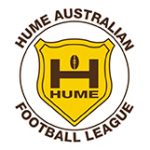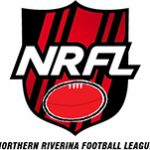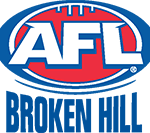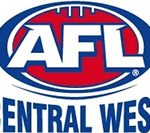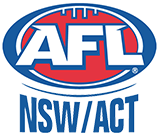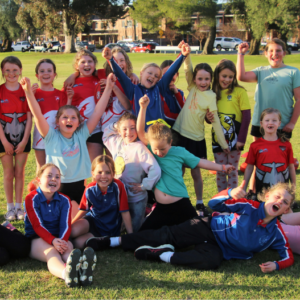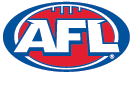Sydney Footy’s Anzac Heroes

By Rod Gillett
This article first appeared on the NSW Australian Football History Society’s website. Check out the site for more great stories and facts about our game in NSW.
Blond-haired dashing North Shore half-back flanker Bertie Filgate, who played in NSW victories over Queensland and Geelong in 1912, was killed in action at Gallipoli in 1915.
He was one of twelve players from Sydney clubs known to have lost their lives “fighting for King and country “at Gallipoli.
Bertie Edward Filgate enlisted on 4 May 1915 at the age of 28. He was employed as an “eucalyptus extractor” by A.J. Bedell and Co in Edgecliff. He was assigned to the 18th Infantry Battalion and embarked to Turkey on 25 June 1915.
He was killed on 22 August 1915. He has no known grave; he is commemorated at the Lone Pine Memorial.
The report of his death below comes from his service record held by the National Archives:
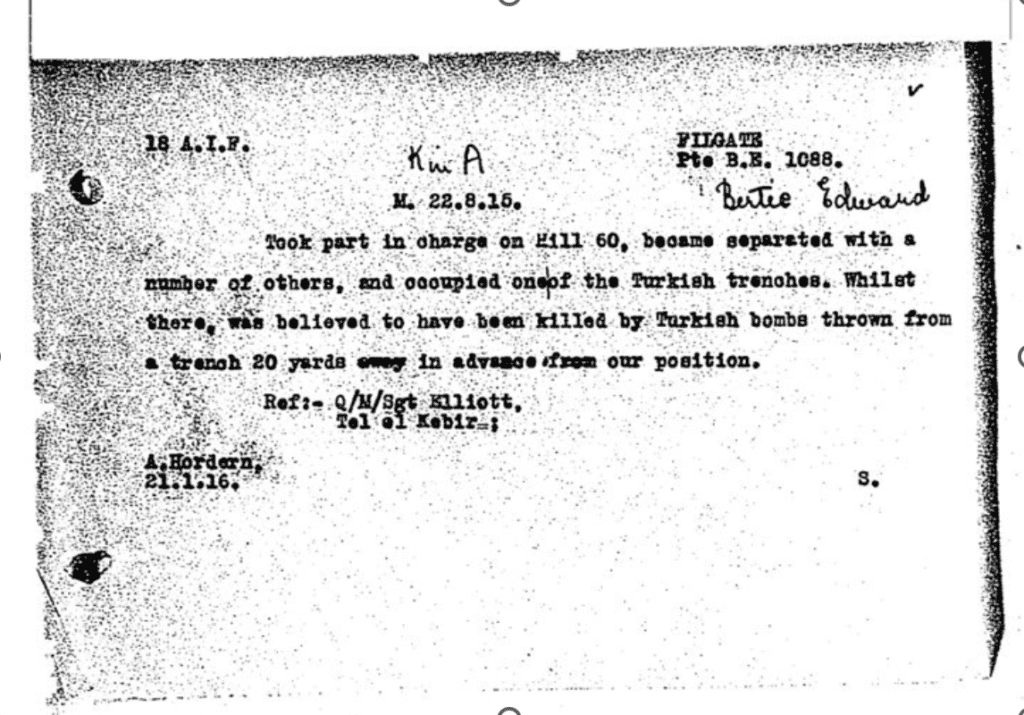
(NAA. B 2455, Filgate BE)
Bertie was a key player in the NSW State teams from 1911-1913. He played for North Shore and was club secretary in 1912.
He was named in the best players in NSW’s win over Queensland, 19.12. 126 to 12.9.81 at the Australian Football ground in Alexandria in 1912 when he booted two goals as well as also playing in the momentous 2-point victory over VFL club Geelong before a crowd of 6000 (SMH 12 August 1912).
The team that beat Geelong was captained by Bertram Watts DSO, who was an Officer in the Permanent Military Forces, stationed at Victoria Barracks in Paddington from 2005. He was captain of the Paddington club 1907-1913 (except 1908-09 when posted to Thursday Island).
Playing at centre-half forward Bert (as he was commonly known) was named as best-on-ground and kicked a goal. He represented NSW and Combined Sydney on seventeen occasions.
A career soldier who had grown up in Broken Hill, Watts had also served in the Boer War. He was killed in action in France in 1917. He had attained the rank of Lieutenant-Colonel. He was decorated with a Distinguished Service Order (DSO).
Watts was nominated for a Companion of the Order of St Michael and St George (CMG) for “devotion to duty and good service for operations on the Somme”(AWM 28, Recommendations files for honours and awards, AIF, 1914-18 War). He was tragically killed before this award could be confirmed.
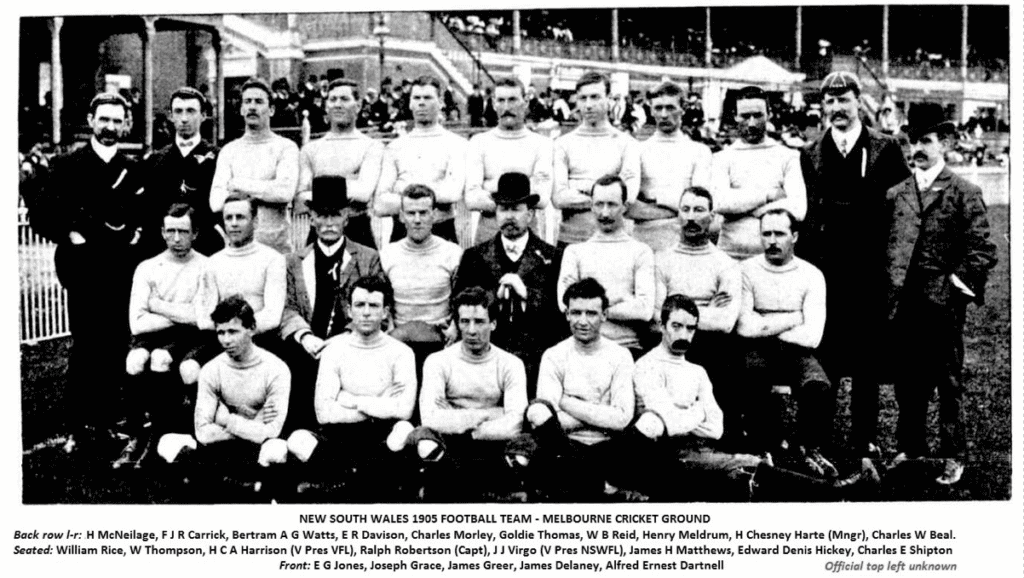
Bertram Watts standing in the back row third from left
As Macpherson and Granland note in their excellent work, A Game to be Played: The Great War and Australian Football in Sydney (2015), “Of Sydney footballers who served in the war, Watts was the most decorated, probably the highest ranked and certainly the first to see action on the Western Front. As a footballer he was a strong ruckman noted as being a very long and accurate kick, and “a most exemplary character” whose influence on his team was such that “players would do well to select skippers of the calibre of Watts” (Sunday Times 10 August 1913).
Other players of note in those successful State teams in 1912 were YMCA defender Chris Lethbridge who subsequently carved out an illustrious career with then-leading VFL club Fitzroy including leading the Maroons to the 1922 premiership, Central Western (Balmain) forward Andy Ratcliffe who kicked two goals (he played Shield cricket for NSW from 1913/14 – 1928/29), and Paddington’s Bertie Robinson who booted two goals at full forward.
Bertie Robinson was also killed in action in 1915 at Gallipoli and has no known grave.
Meanwhile in Sydney, the local competition got underway on 15 May just after the first casualty lists from Gallipoli had been published. There were just six clubs: East Sydney, Paddington, Sydney, South Sydney, and Newtown.
Not surprisingly, there was a significant lack of experienced players. By the start of the season Newtown advised that it had fourteen of its best players at the front, East Sydney announced that 30 players had enlisted while South Sydney informed the league that it only had a handful of players from the premiership team of the previous year and the Sydney club noted that that it had lost half of its team to the war effort.
North Shore were forced to withdraw for the 1915 season when the Referee (5 May 1915) declared that “the whole of the playing members, with few exceptions, enlisted during the first few months after the outbreak of the war”.
However, the war bought experienced players from other states for military training or awaiting postings and contributed not only to bolstering the player stocks but also attendances which went beyond expectations.
The 1915 NSW ANFL premiership was won by Paddington which beat Newtown, 9.5.59 to 5.11.41 at the SCG No. 2 Oval.
It was in 1915 that Jim Phelan, who had been secretary of Newtown, assumed the position of NSW ANFL secretary, and stablised the game both administratively and financially.
In his annual report for season 1915 Phelan reported that it was estimated that over 1500 footballers from metropolitan and country areas had gone to serve King and country.
However, as Macpherson and Granland point out as there is no definitive record of those who played in the NSW ANFL in the years leading up to or during the First World War as the records have not survived.
Their meticulous research shows that 44 Sydney footballers died during WWI.
Those players who made the supreme sacrifice at Gallipoli were as follows:
- Bertie Filgate (North Shore)
- Charlie Grant (Sydney)
- John Howarth (Paddington)
- Alan Lakeman (Sydney)
- Tom McKay (Newtown)
- William O’Connor (Newtown)
- Berie Robinson (Paddington)
- Les Stewart (East Sydney)
- Arthur Stepto (Central Western)
- Gordon Wallack (Paddington)
- Thomas Watson (North Shore)
- David Williams (Sydney)
LEST WE FORGET
